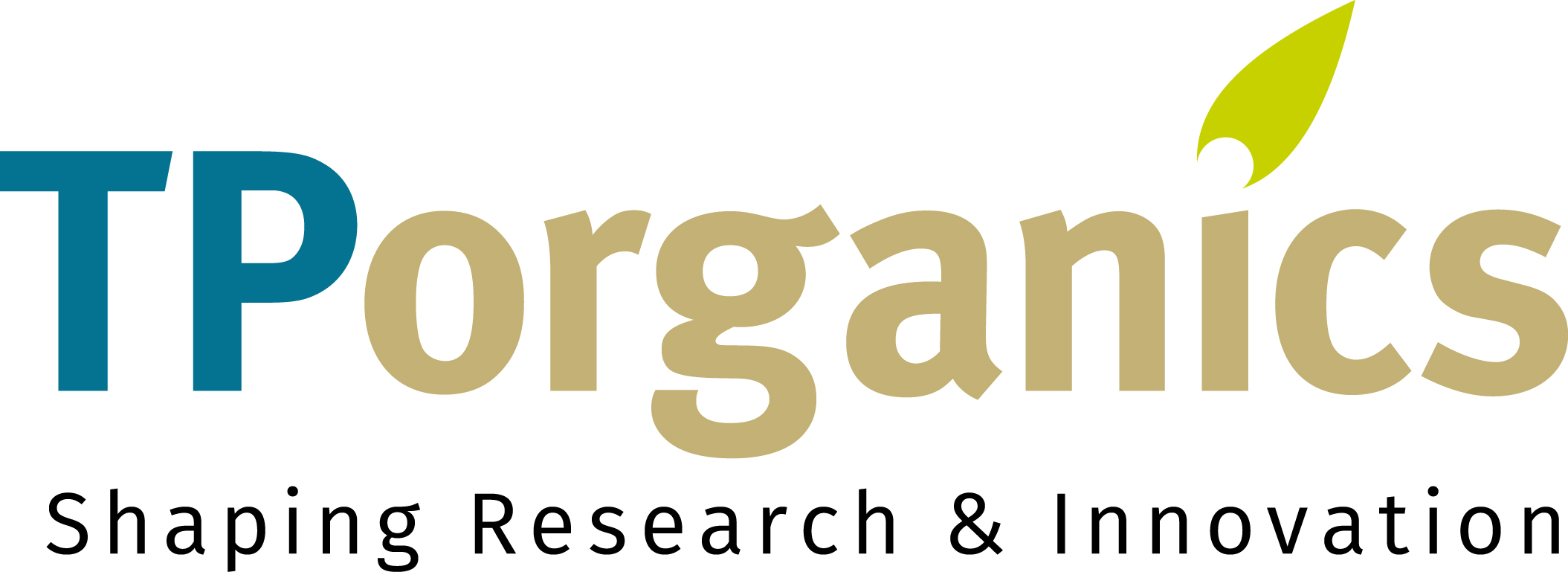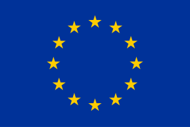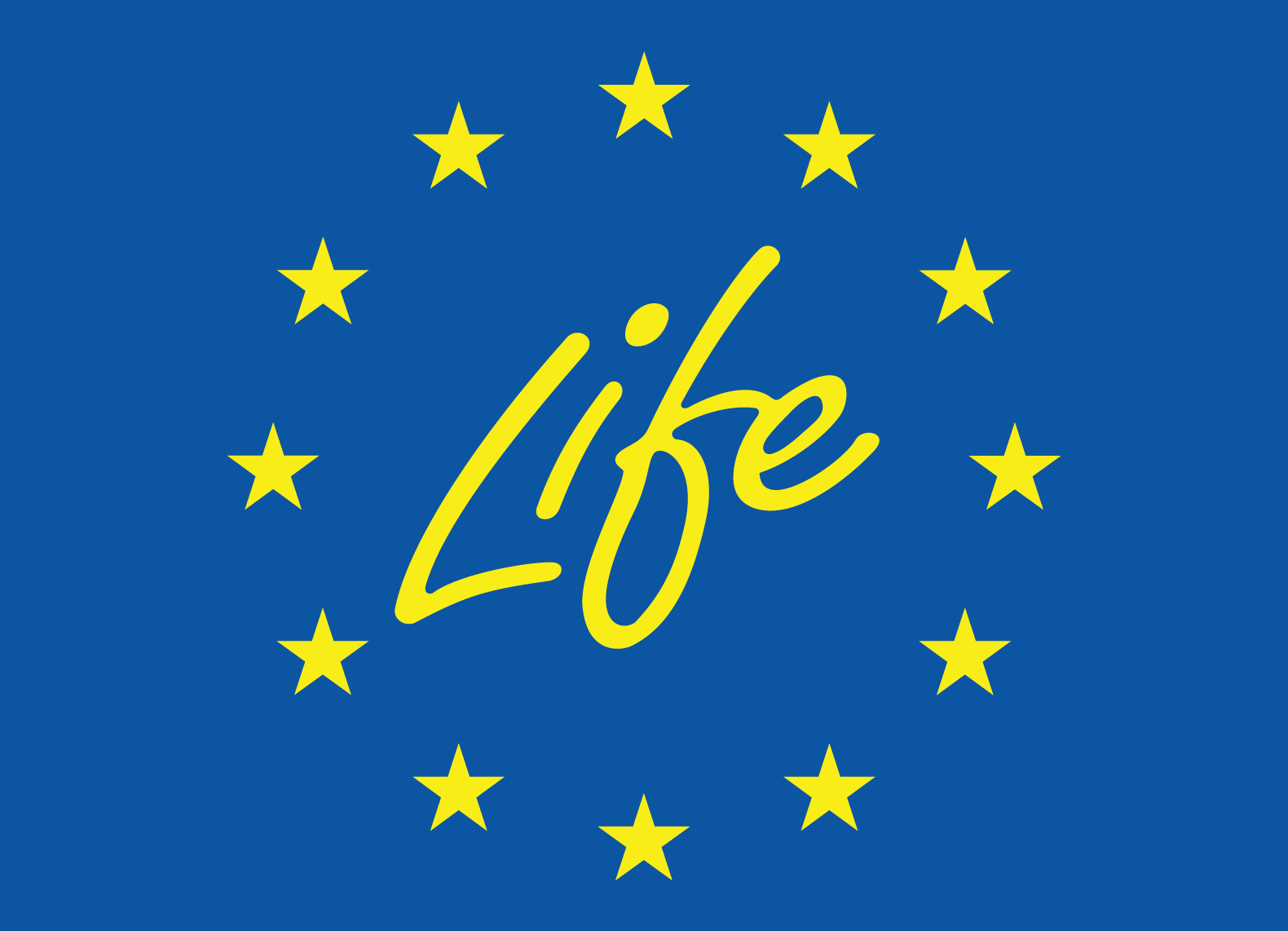Review of events
On 1-3 July, the first online edition of our European Organic Congress took place with more than 1,000 participants. This year’s theme was ‘Organic in Action’.
Julia Klöckner, German Minister for Agriculture and Food, Felix Prinz zu Löwenstein, Chairman of the German Association of Organic Farmers, Food Processors and Retailers (BÖLW) and re-elected President of IFOAM Organics Europe, Jan Plagge welcomed more than 500 participants on the first day of the congress. Julia Klöckner opened stating the recently published Farm to Fork Strategy offers a huge opportunity for organic, which Germany will seize during its Presidency of the Council of the European Union (EU) to further promote organic production and consumption. Two pecha kucha presentations exemplifying ‘Organic in Action’ followed.


Of course, the European Organic Congress is not complete without a session on the new EU Organic Regulation, moderated by IFOAM Organic Europe’s Regulation Manager, Emanuele Busacca. Nicolas Verlet, Head of the Organics Unit of the European Commission’s Directorate-General for Agriculture and Rural Development (DG AGRI), informed participants that the first drafts of all implementing and delegated acts were submitted to the relevant Committees and are currently at different stages in the intensive legal process. Marian Blom, IFOAM Organics Europe Vice-President, Michel Reynaud, IFOAM Organics Europe Board Member and sector representative for certification and Georg Eckert, President of EOCC informed about the main expected changes for organic operators and control bodies and provided input and critical remarks from the sector. The panel also touched on the possible postponement of the application of the new EU Organic Regulation to 1 January 2022 – an option the European Commission is currently assessing. IFOAM Organics Europe, other EU agri-food federations, the EU Member States and the Committee on Agriculture of the European Parliament (COMAGRI) agree this postponement is needed to ensure a smooth transition and to allow organic operators, control bodies and Competent Authorities to get ready for the foreseen changes in their day-to-day operations.


The second day started with a session ‘25% organic land by 2030: How can the CAP contribute’, moderated by Eduardo Cuoco, IFOAM Organics Europe’s Director and attended by more than 400 participants. During his opening speech, Wolfgang Burtscher, Director-General for Agriculture and Rural Development of the European Commission stated that the Farm to Fork and Biodiversity Strategies offer a great opportunity for the EU to move out of the current crisis in a sustainable way. However, he also pointed out that it is crucial to consider the various situations throughout the EU and ensure adequate funding for organic farming. Afterwards, a high-level panel composed of Walter Dübner, Head of Division Agricultural Production and Horticulture of the German Ministry for Food and Agriculture, Norbert Lins, Member of the Parliament (MEP) and chair of COMAGRI, and Jan Plagge, President of Bioland and IFOAM Organics Europe exchanged on the possibilities for integrating the organic target into the Common Agricultural Policy (CAP). According to Jan Plagge, the CAP should require Member States to set national targets in their CAP Strategic Plans, provide sufficient funding for the maintenance of and conversion to organic farming and ensure a fair remuneration of farmers providing public goods. All speakers agreed that organic farming is a part of the solution and can make our food system more resilient.


The afternoon session on day two focused on a new European Organic Action Plan. Nathalie Sauze-Vandevyver, Deputy Director General of DG AGRI, said the European Commission will make sure that the new Organic Action Plan will build on the lessons learnt and best practices of the previous one. She invited everyone to contribute during a public consultation that will be launched after the summer break. During the following three break-out sessions moderated by Dr. Alexander Gerber, chair for farming at BÖLW, Lukas Nossol, IFOAM Organics Board member and Representative of Denree as well as Dr. Alexander Beck, chairman of the Assoziation ökologischer Lebensmittelhersteller (AöL), participants discussed the different possible aspects of the new Organic Action Plan. One of the key take-aways of this session was that increasing awareness of organic values is crucial to strengthen organic value chains as demand is driving the sector.



This year’s European Organic Congress ended with a session ‘European agriculture and resilient food systems in a post-Covid-19 world’, led by Eric Gall, Policy Manager at IFOAM Organics Europe. In a video message, Stella Kyriakides, Commissioner for Health and Food Safety said that there is no change without ambition when referring to the 25% organic land target laid out in the Farm to Fork Strategy. The CAP is and will continue to be a key tool in reaching this target and must promote organic production and consumption at the same time. After this strong opening statement, a high-level panel composed of Tassos Haniotis, Director of Strategy, Simplification and Policy Analysis at DG AGRI, Thomas Waitz, MEP, Olivier de Schutter, Co-chair of the International Panel of Experts on Sustainable Food Systems (IPES-Food), Sarah Compson, International Development Manager at Soil Association, and Sébastien Treyer, Executive Director of the Institute for Sustainable Development and International Relations (IDDRI), further discussed our vision for the future of food and farming with the more than 300 participants that had tuned in. Panellists and attendees concluded that Covid-19 is a tiny rehearsal for a much bigger crisis, the climate crisis and we need to transition to an agricultural systems providing resilience and mitigating its effects on the environment, and not just producing food.


Relive the congress by going through our Twitter Moments, browsing #EOC2020, and watching the congress recording (available on the congress website and our YouTube channel as of next week).
We would like to thank our speakers, participants, technical consultants, co-organisers, sponsors, supporters, and media partners for making this congress possible.



LIVESEED’s international workshop on 25-26 June put the spotlight on North-West Europe and the EU organic regulation’s implementation on organic seed in this region. The meeting was initially planned as physical workshop at seed company Bejo Zaden. However, the Covid-19 pandemic moved the event online, turning out a great success with high participation and engagement.
Smart practices
A workshop’s main focus was best practice exchange among participants on boosting the production and use of organic seed in Europe. National Seed Expert Groups on a variety of topics (including arable crops, fruits & vegetables) were identified as an effective tool to manage derogation lists and national targets for specific crop types. On top of this, expert groups can also assess the suitability of a variety for organic farming, as the Danish example shows.
In the context of derogations, a national annex listing crops for which no derogation can be requested is a way to restrict derogations. Such national annexes are already successfully implemented in many countries of the North-Western European region. France takes this principle of categorization further by specifying 3 different types of derogatory status. They range from a general authorization (if no availability of organic seed on territory) to off-derogation (if sufficient availability). In addition, there is also an ‘alert screen’, meaning that the species is in a transitional phase and derogations will not be possible anymore soon.
Finally, roadmaps at national and European level were identified as crucial to gradually increase the percentage of organic seed per crop. This way, seed companies get the opportunity to gradually increase supply while also giving farmers more clarity for long-term planning.
The seed database
The new EU Organic Regulation brings about a number of changes to the seed database. National Authorities will have to extend the functionality of the database to make it easier for suppliers placing their offers online and for farmers to get a better overview of the availability of organic seeds. Regarding the type of seeds, the ‘new’ database will also host the new category of ‘Organic Heterogenous Material as well as in-conversion seeds.
The European Router Database, currently in development as part of the LIVESEED project, will play a crucial role in connecting seed offers within Europe. Seed suppliers and national authorities are currently testing it and it will be officially launched in November. If you are interested to join the testing phase, we invite you to get in touch with Xenia Gatzert from FiBL.
Strategy to reach 100%
One of the highlights of the workshop was the panel session, including national authorities, seed companies, farmers, and the European Commission. To reach LIVESEED’s ambitious target of 100% organic seed by 2035, panellists identified the need to install and expand national seed expert groups and to improve the seed databases. Those national seed expert groups are already widespread in North-Western European countries and serve as role-model for other Member States. In addition, the crucial role farmers and breeders was acknowledged, just like the need for more capacity-building allowing them to make an even greater contribution.
Most importantly, clear roadmaps for the percentage of organic seed per crop are needed on national and European level. France is a good example showing how this can work in practice. Participants and panellists were impressed by the benefits of the French approach and suggested it to be implemented all over Europe. The panel was insightful and maintained a highly constructive spirit that is at the heart of the LIVESEED project.
The workshop was organized by Bionext in cooperation with IFOAM EU, FiBL, Bejo and ECO-Plant Breeding and intended for competent authorities, control bodies, database managers, seed suppliers, policy makers, farming associations and other interested stakeholders from North-western European countries.
LIVESEED is an EU Horizon 2020-funded project aiming to boost organic seed and plant breeding across Europe. IFOAM EU and FiBL-Switzerland coordinate the project with 50 partners covering 18 EU countries.
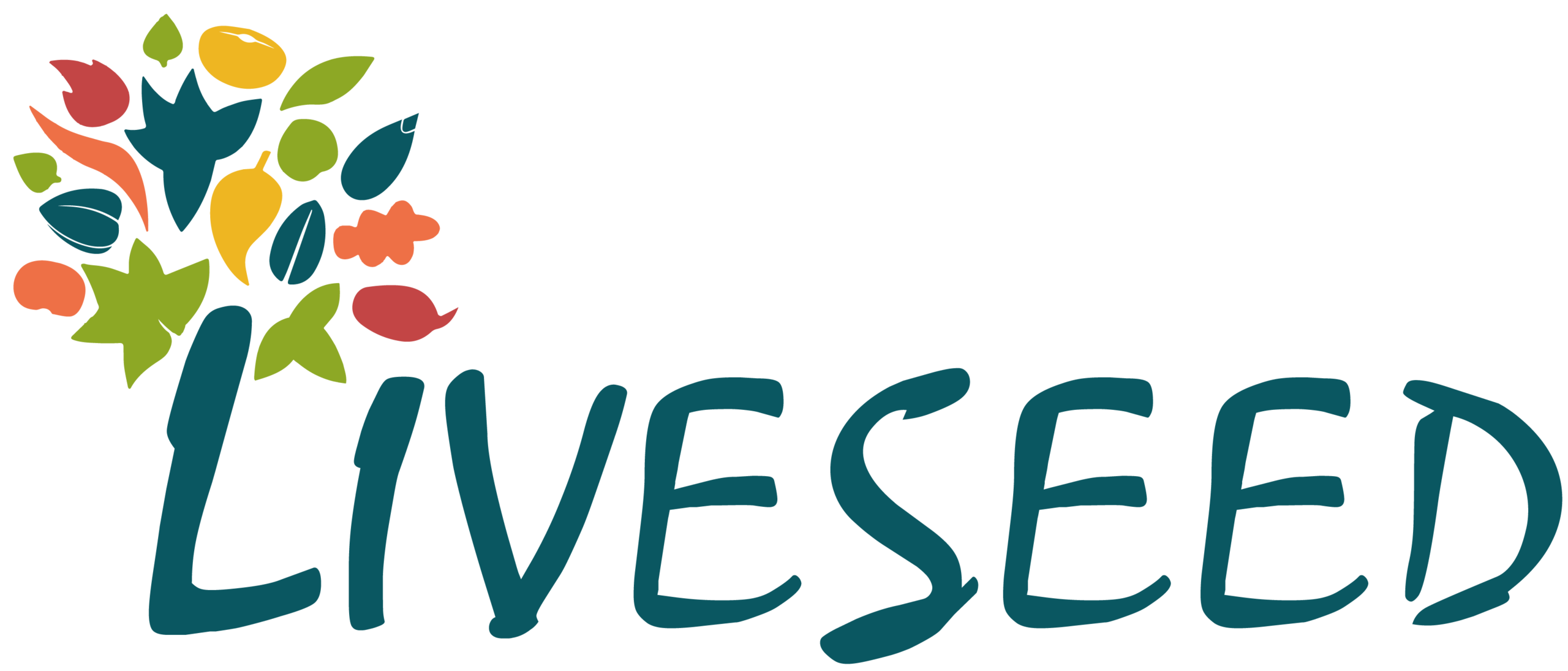

On Tuesday 26 May 2020, the Thematic Group meeting brought Innovation Groups involved in the OK-Net EcoFeed project together with external interested operational groups.
During the webinar, practical experience carried out within the OK-Net EcoFeed project were presented and supported by videos and presentations to convey the OK-Net EcoFeed’s knowledge and feed the discussion. All attendees participated with great enthusiasm, animating the debate on achieving 100% organic and regional feed for pigs and poultry.
Chairman Bram Moeskops presided over the meeting that was organised in cooperation with EURAKNOS. Participants discussed the new business area “Green protein” as a cost efficient and climate friendly system. Erik Fog and Kristian Lundgaard-Karlshøj from Denmark talked about their success on “Grass Protein – local and climate friendly” and “Green protein for pigs and poultry” respectively.
Lindsay Whistance from the Organic Research Centre (ORC) moderated the session on the OK-Net EcoFeed practical experience in laying hens, broilers, and pigs. Mike Mallett and Jerry Alford from the Soil Association talked about the feed potential of sprouted seeds in laying hens. Lone and Lars Hedegaard and Sanna Steenfeldt (Aarhus University) explained how lactic acid bacteria might influence intestinal health in broilers while Carl Sheard with Antoine Roinsard from the French research institute of organic farming (ITAB) showed the latest results on foraging pigs on protein-rich fodder.
Concluding the meeting, Helga Willer (FiBL) introduced the Organic Farm Knowledge (OFK) platform and announced the launch of the OFK survey.
Positive feedbacks on the webinar brought up the potential and added value of online meetings. Despite the general lack of familiarity with the virtual meeting tools, a webinar is a perfect opportunity to reach a greater number of attendees, including the otherwise reluctant part of the public.
For further updates and links to the videos visit the OK-Net EcoFeed website.
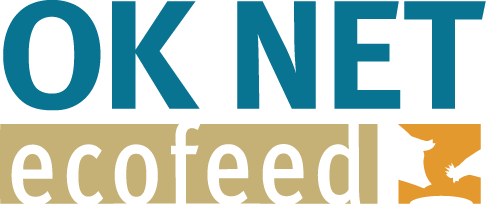
On 5 May 2020, TP Organics held a successful webinar about Horizon Europe, giving a preview of the EU’s next research & innovation framework programme. Based on TP Organics’ December 2019 briefing, the webinar provided TP Organics and IFOAM EU members with a better understanding of the structure and timeline of the 100 billion EUR research & innovation programme and of the Missions and European Partnerships as new instruments in Horizon Europe.
The webinar’s focus was on cluster 6, ‘Food, Bioeconomy, Natural Resources, Agriculture and Environment’ (part of pillar 2) and the Strategic Plan 2021-2024 which gives direction to the first Work Programme. Cluster 6 was explained in more detail, in particular the two intervention areas ‘Agriculture, forestry and rural areas’ and ‘Food Systems’, as were the Mission on ‘Soil Health and Food’ and the Agro-ecology Partnership (a partnership on agroecology living labs and research infrastructures). An assessment of Horizon Europe by TP Organics followed, including opportunities for research into organic and agroecological approaches as well as risks posed by the Innovation Principle.
Participants also got an insight into TP Organics’ new Position Paper, describing priority challenges and corresponding portfolios of actions for the first Work Programme of Horizon Europe. Lastly, the new Green Deal Call under Horizon 2020 was presented, including its draft timeline and structure, with a focus on Area 6, ‘Farm to Fork’ and Area 7, ‘Ecosystems and Biodiversity’.
59 participants joined the webinar, showing the organic community’s great interest in EU research & innovation. As IFOAM EU member, you can access the recorded webinar via the IFOAM EU member extranet. For more information about IFOAM EU membership, contact [email protected]. For questions about access to the IFOAM EU member extranet, contact [email protected].
